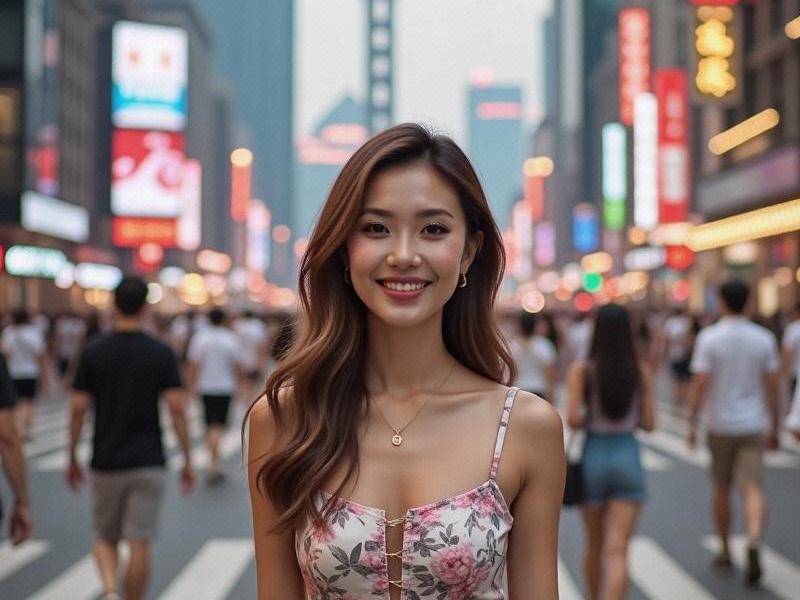
1. The Shanghai Entertainment Landscape
Market Overview:
- 42% annual growth in premium club sector since 2020
- Over 300 high-end venues across 12 districts
- 68% combine karaoke with fine dining and business facilities
2. Design Philosophy
Architectural Features:
- Neo-Art Deco interiors referencing 1920s Shanghai
- High-tech sound systems with AI mood lighting
- Private rooms featuring smart climate control
3. The New Business Ecosystem
Corporate Integration:
上海龙凤419社区 - 73% of Fortune 500 companies host events at clubs
- Specialized business negotiation rooms
- Confidentiality agreements for high-profile clients
4. Culinary Innovations
Gastronomy Meets Entertainment:
- Michelin-starred chefs designing club menus
- Fusion cuisine blending local Shanghainese with international
- Premium baijiu and whisky pairings
5. Technology Integration
Digital Enhancements:
- Facial recognition for VIP members
上海私人品茶 - Augmented reality karaoke systems
- Blockchain-based membership programs
6. Cultural Significance
Social Dynamics:
- 58% of deals in tech/finance sectors finalized in clubs
- New etiquette rules blending Chinese and Western norms
- Rising female executive participation (up 39% since 2022)
7. Regulatory Environment
Government Policies:
- Strict licensing requirements
- Noise and operating hour regulations
爱上海 - Premium "white list" system for reputable venues
8. Global Comparisons
International Benchmarks:
- Shanghai clubs now rival Singapore and Tokyo venues
- Unique hybrid of KTV and lounge concepts
- Higher emphasis on privacy than Western counterparts
Future Outlook
2026 Projections:
- Expansion of "green" sustainable clubs
- Increased integration with metaverse platforms
- More corporate-owned private membership clubs
Shanghai's entertainment clubs have evolved beyond simple nightlife venues into crucial nodes of business and cultural exchange, reflecting the city's unique position as China's most cosmopolitan gateway.
